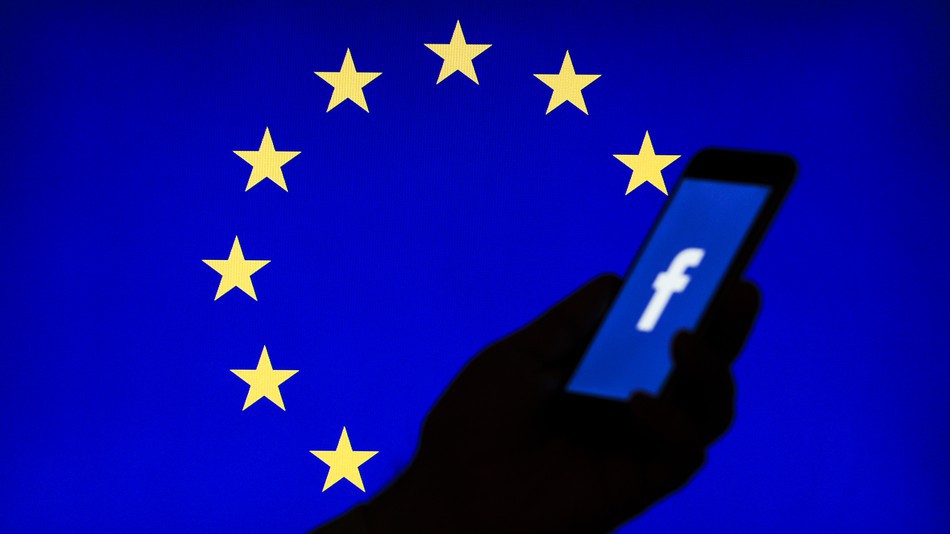Technology
Facebook bans political ads from other countries to fight EU election interference


Image: JAAP ARRIENS/NURPHOTO VIA GETTY IMAGES
Facebook announced a major change to combat foreign election interference ahead of the European Union (EU) elections in May.
At a press briefing on Friday, Facebook officials said that in order to protect “the integrity of elections,” they would be cracking down on online advertising from being used for foreign interference. All political advertisers in the EU now need to gain authorisation in the country where ads are being delivered.
In order to gain that authorisation, political groups in Europe will be required to submit documents for identity checks, explained Richard Allan, Facebook’s vice president of global policy solutions. “We ask them to submit documents and we use technical checks to confirm their identity and location,” said Allan.
“We recognise that some people can still try and work around any system but we’re confident that this will be a real barrier for anyone who’s thinking of using our ads to interfere in an election from outside of a country,” he added.
Allan said that Facebook conducted an analysis earlier this year and found that one of the risks presented by the election would be “somebody would set up an organisation in one EU country in order to direct advertising to influence an election in another EU country.”
Facebook also confirmed that banned groups and de-platformed figures will remain banned even if they’re running for office in an election. This means that far-right figure Tommy Robinson, who’s standing as an MEP in the election, will remain banned from Facebook and Instagram.
The UK will hold European Parliament elections at the end of May after UK Prime Minister Theresa May secured a Brexit delay until Oct. 31 2019. During European elections, voters in EU member states can elect Members of the European Parliament (MEPs).
Facebook also acknowledged that it’s aware it has quite a task on its hands given that the upcoming elections span 28 countries and 24 official languages in what Nick Clegg — the former UK deputy prime minister and Facebook’s current vice president of global affairs and communications — described as a “heightened atmosphere.”
Allan also noted that political ads will now need to be clearly labelled on both Facebook and Instagram. “To increase transparency, all of the ads related to politics and issues on Facebook and Instagram in the EU must now be clearly labelled including a ‘paid for by’ disclosure from the advertiser at the top of the ad,” said Allan. You’ll be able to see who’s paying for the ad as well as any relevant contact information.
Hopefully the measures will prevent a repeat of the election interference disaster we witnessed during the 2016 U.S. election.

-

 Entertainment6 days ago
Entertainment6 days agoWordPress.org’s login page demands you pledge loyalty to pineapple pizza
-

 Entertainment7 days ago
Entertainment7 days agoRules for blocking or going no contact after a breakup
-

 Entertainment6 days ago
Entertainment6 days ago‘Mufasa: The Lion King’ review: Can Barry Jenkins break the Disney machine?
-

 Entertainment5 days ago
Entertainment5 days agoOpenAI’s plan to make ChatGPT the ‘everything app’ has never been more clear
-

 Entertainment4 days ago
Entertainment4 days ago‘The Last Showgirl’ review: Pamela Anderson leads a shattering ensemble as an aging burlesque entertainer
-

 Entertainment5 days ago
Entertainment5 days agoHow to watch NFL Christmas Gameday and Beyoncé halftime
-

 Entertainment4 days ago
Entertainment4 days agoPolyamorous influencer breakups: What happens when hypervisible relationships end
-

 Entertainment3 days ago
Entertainment3 days ago‘The Room Next Door’ review: Tilda Swinton and Julianne Moore are magnificent

















